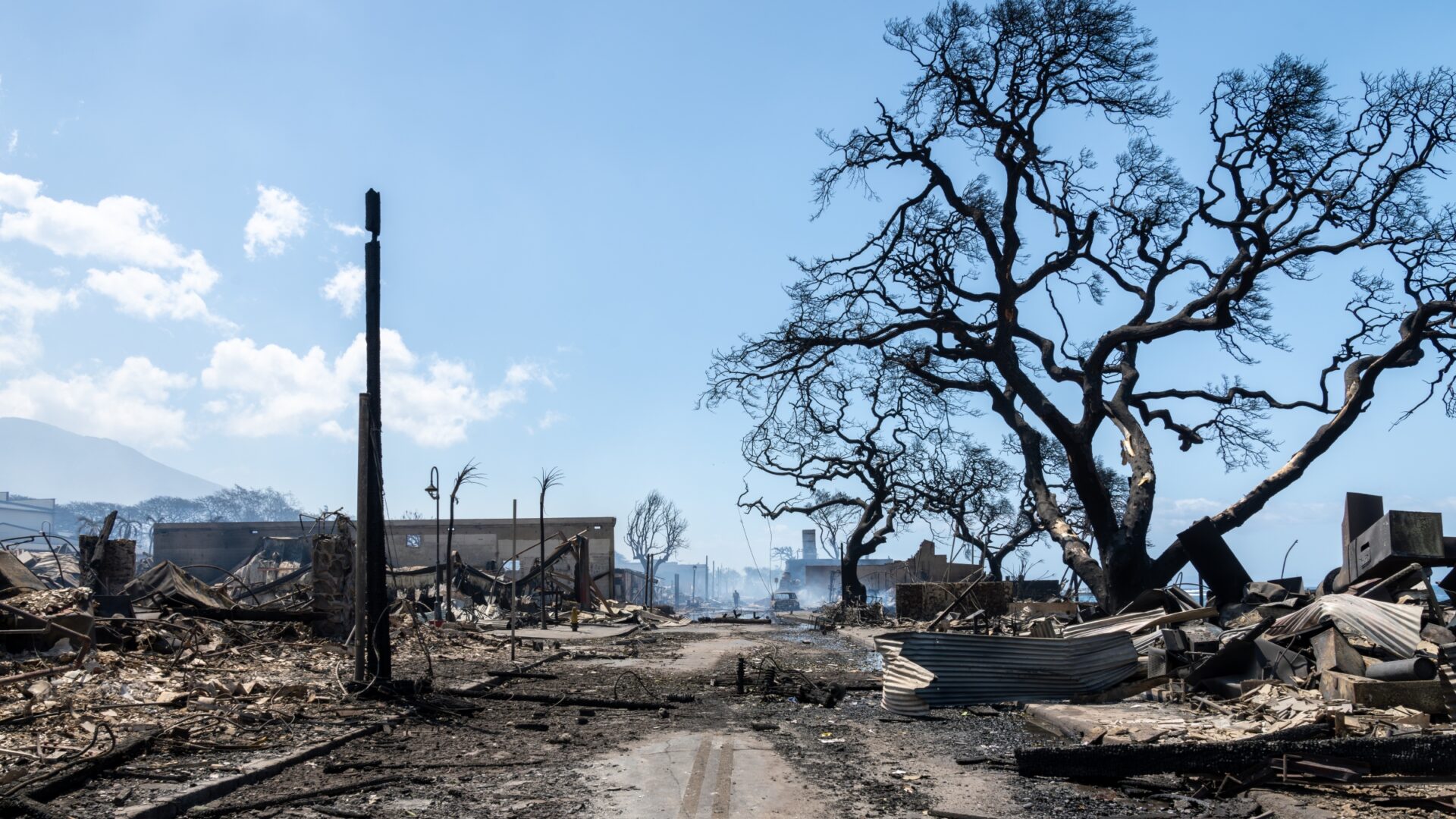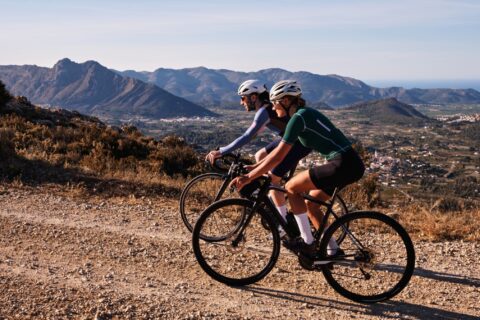What is the best way to navigate a competition when the destination is still recovering from disaster?
What is the best way to navigate a competition when the destination is still recovering from disaster?

What is the best way to navigate a competition when the destination is still recovering from disaster?

What is the best way to navigate a competition when the destination is still recovering from disaster?

Transitions are the fourth discipline of triathlon racing that can make or break your results.

Practice gradually tapering your speed for events with fast starts.

As a triathlete, fine-tuning your race-day execution is crucial, and nothing beats a good brick workout for this purpose.

With a plethora of races to choose from, we highlight several events and detail the strengths they are best suited for—plus how to train for the big day.